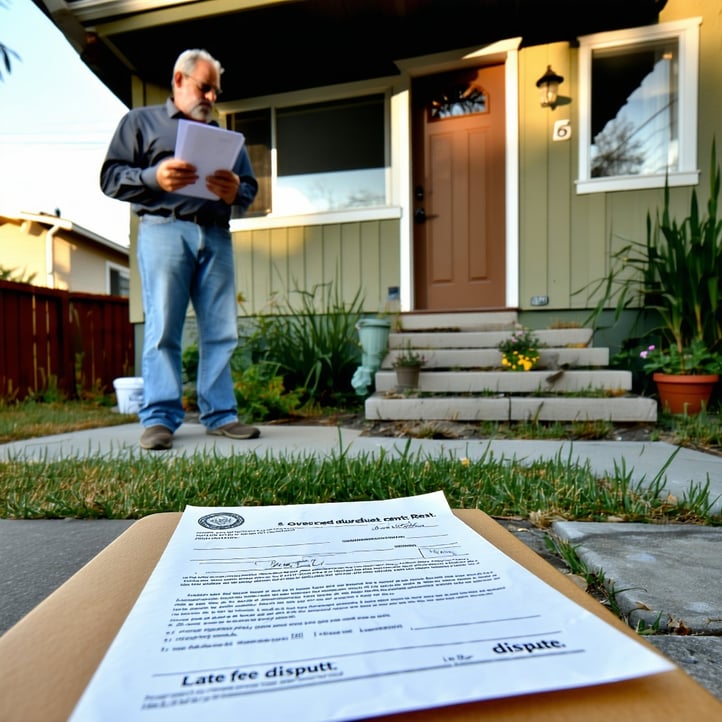When a tenant decides to break their lease early, it can catch a landlord off guard—especially if you’re managing a single-family home or condo in North County San Diego. Whether the tenant gets a new job out of state, goes through a divorce, or simply changes their mind, early lease termination can have legal and financial consequences. But California law is clear, and knowing your responsibilities and rights can help you protect your property and income.
When Can a Tenant Break the Lease?
In California, tenants can’t simply walk away from a lease because they want to. However, there are a few legally protected reasons they can terminate a lease early without penalty:
- Active military duty (under the Servicemembers Civil Relief Act)
- Uninhabitable living conditions (due to the landlord’s failure to maintain the property)
- Victims of domestic violence
- Landlord harassment or privacy violations
Outside of these exceptions, breaking a lease early is a breach of contract. That means the tenant is responsible for the rent due through the end of the lease term unless you can find a replacement tenant quickly.
Your Duty to Mitigate
California law requires landlords to “mitigate damages.” In plain English, that means you must make a reasonable effort to re-rent the unit as soon as possible. You can’t just leave the home vacant and expect the original tenant to pay rent through the end of the lease.
Once the home is rerented, the tenant is only responsible for rent up to the date the new tenant takes over. For example, if the lease ends in December, but you re-rent the home in October, the tenant is only liable through September.
What You Can Deduct
You can’t charge the tenant a blanket fee or withhold the security deposit without documentation. However, if the early termination causes measurable financial harm, here’s what you may be able to recoup:
- Lost rent (until the unit is re-rented)
- Reasonable advertising or re-rental costs
- Cleaning or repair costs beyond normal wear and tear
These deductions must be itemized and supported by receipts and documentation. And don’t forget: the 21day rule for returning the deposit still applies.
Handling It Professionally
You don’t need to be adversarial. In fact, the best way to handle an early termination is to communicate clearly and document everything. Here’s how:
- Ask the tenant to submit their notice in writing.
- Confirm their moveout date and any expectations.
- Begin advertising the unit and documenting all efforts to re-rent it.
- Perform a final walkthrough and collect photo documentation.
- Provide a detailed itemized statement with the remaining security deposit.
How Raintree Helps
At Raintree Property Management, we handle early lease terminations efficiently. Our process protects your rights as a landlord while staying compliant with California law. We document all marketing efforts, screen replacement tenants, and ensure you’re not left covering costs that aren’t yours.
We serve Carlsbad, Encinitas, Vista, San Marcos, Oceanside, and throughout North County San Diego.
Not sure how to handle an early lease break? Click here for a free rental analysis. We’ll walk you through your options and protect your bottom line.




